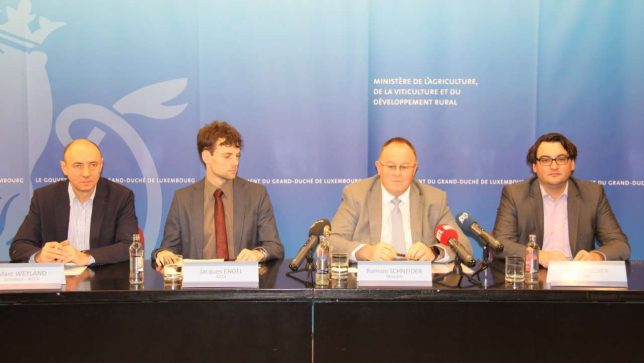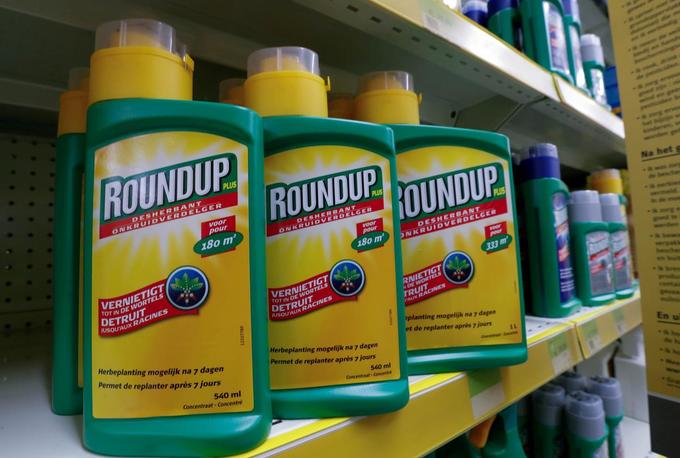Sustainable Pulse - Jan 16 2020
The Grand Duchy of Luxembourg is in the process of becoming the first country to ban the use of the substance glyphosate in herbicides.

The Minister of Agriculture, Viticulture and Rural Development, Romain Schneider, is thus implementing the government’s commitment by banning the use of glyphosate-based plant protection products on Luxembourg soil.
Indeed, the 2018-2023 coalition agreement stipulates for “the abandonment of the use of glyphosate by 31 December 2020, in compliance with the relevant legal provisions”.
Glyphosate phase-out by 31 December 2020
With a view to this abandonment, the actors concerned, such as farmers, winegrowers, market gardeners and holders of authorisations, were informed in advance by the Ministry of Agriculture, Viticulture and Rural Development of the planned measures:
- Withdrawal of the marketing authorisation of plant protection products containing the active substance glyphosate from 1 February 2020;
- Period for using up stocks granted until 30 June 2020
- Grace period for the use of these products by professional or private users until 31 December 2020.
Luxembourg, a pioneer among the Member States of the European Union
By this governmental decision, Luxembourg terminates the use of the substance glyphosate as from 1 January 2021, notwithstanding its approval at European level until 15 December 2022.
In Romain Schneider’s view, this decision has the capacity to produce a significant leverage effect throughout the European Union, bearing in mind that other countries such as Austria have already taken similar steps.
Voluntary renunciation of the substance glyphosate since autumn 2019
Farmers who give up the use of glyphosate-based plant protection products from the crop year 2019/20 will be compensated under the Greening and Landscape management program.
Farmers who have committed to comply with this condition will receive additional compensation per hectare of EUR 30 for arable land, EUR 50 for wine-growing land and EUR 100 for fruit-growing.
Glyphosate Box
Glyphosate Residue Free Certification for Food Brands – Click Here
Test Your Food and Water at Home for Glyphosate – Click Here
Test Your Hair for Glyphosate and other Pesticides – Click Here to Find Out Your Long-Term Exposure


